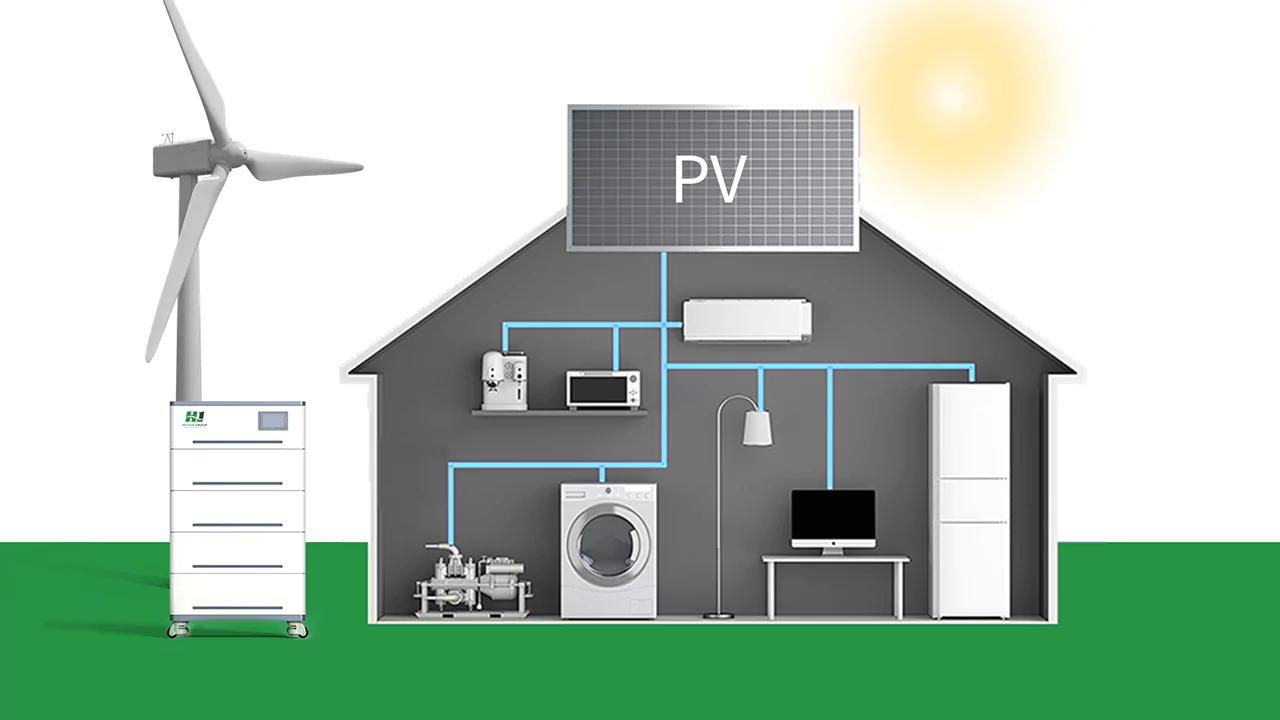
With the rise in the development of renewable energy in Ghana, solar air conditioners have become very practical and environmentally friendly alternatives for cooling and heating. They reduce dependence on conventional sources of power to provide a sustainable solution in areas with inconsistent electricity supply. The main focus of this article will center around the key types, components, installation guidelines, and where to purchase in Ghana.
Key Types of Solar Air Conditioners
Solar air conditioners do this through two main processes: photovoltaic conversion and solar thermal conversion.A photovoltaic conversion air conditioning system is a device that uses solar panels to convert solar energy directly into electrical energy. The generated electricity then powers the air conditioners, just like in conventional systems. Whereas PV systems have a higher initial cost, many of them contain backup batteries which store excess energy generated during sunny days so it can be used on cloudy days or during nighttime.
One would be able to keep an office building in Accra cool all day with an 18,000 BTU solar air conditioner, and it will store electricity for use at night.
A solar thermal conversion air conditioning system is one that utilizes solar collectors to change sunlight into heat, which then powers absorption or adsorption cooling. These systems are pretty efficient, especially under hot climatic conditions, and come in various forms: absorption chillers used in larger buildings or industrial spaces that harness the heat from solar collectors to power the cooling process; the dehumidifying cooling systems designed for humid environments where they first remove moisture from the air before cooling it to provide a comfortable indoor climate.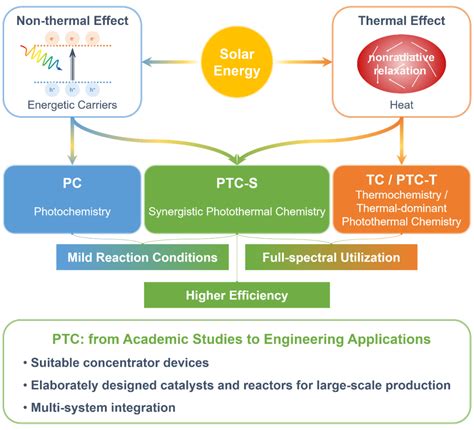
Core Components of Solar Air Conditioning Systems
These are the regular constituents of solar air conditioning systems. First, there are solar collectors, which absorb solar radiation and transmit it in the form of heat. Common collector types are the flat plate, vacuum tube, and air type. Heat storage tanks store surplus heat during the day to continue providing cooling at night or when there is not enough sunshine. The next component is the heat-driven cooling devices, which take advantage of the stored thermal energy to produce cold air when required—that is, absorption refrigerators or desiccant systems. Lastly, auxiliary heat sources come into operation on cloudy days or whenever the quantity of solar energy is not adequate to ensure smooth operation.
Benefits of Solar Air Conditioners
The benefits that solar air conditioning systems accrue are numerous. First is the high energy efficiency compared to traditional air conditioning systems; it can save as much as 80% of energy consumption, which tremendously lowers overall electricity expenses. From an environmental angle, solar air conditioners normally have refrigerants friendly to nature, such as water or lithium bromide; this helps in lessening the negative impact on nature. Regarding seasonal flexibility, these systems are at their best during summer, as the demand for cooling would be at its peak during this time, and the cooling output is in phase with the peak availability of sunlight. Solar air conditioning systems are also very versatile and can provide cooling during summer and switch to heating mode during winter, hence being able to make efficient use throughout the year.Application of Solar Air Conditioners in Ghana
These solar air conditioning systems could, therefore, find potential applications in a wide range of areas in Ghana. Systems are suitable for a number of scenarios, including:
The ideal option for residential buildings would be solar air conditioning, which helps reduce the load on the public grid and also serves cost-effectively to meet the day-to-day cooling demands at home. Solar thermal air conditioning systems have brought efficiency advantages and helped reduce operating costs in industrial facilities, especially in those factories that have high energy consumption. For these kinds of public and commercial buildings, such as shopping malls and offices, solar air conditioning systems provide not only a sustainable cooling option but also an important contribution in highly urbanized areas where there is a big demand for climate control.
A solar air-conditioning project successfully executed at Kumasi Hospital, for instance, improved not only the comfort experience of patients but also showed very meaningful energy savings during peak electricity-consumption periods. The above example vividly justifies the full economic viability and environmental friendliness of solar cooling technology in urban areas of Ghana.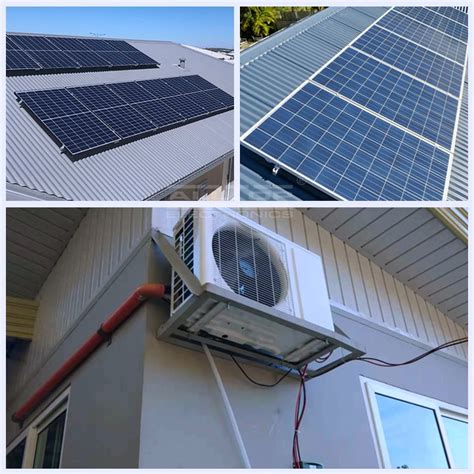
Installation Considerations
First, it is necessary to consider the site assessment to make use of all the sunlight by the solar collector. The collector shall not be in the shade of trees or buildings as the shadows drastically reduce its efficiency.
The second is that of structural compatibility. It needs to be determined beforehand whether the structure of the building can support the entire solar air conditioning installation, especially in retrofits.
Finally, it is important to consider maintenance needs. The great majority of the solar systems require minimum maintenance; however, these systems will still need to be inspected and maintained periodically so that they can last for a long time. One may cultivate a relationship with a local qualified technician who can do periodic maintenance work.
Where to Buy Solar Air Conditioners in Ghana?
1. Local Retailers and Solar Installers: Most of the local retailers or solar installation firms in Accra, Kumasi, and Takoradi may have solar air conditioning systems in stock. It is, therefore, advisable to find the best price with considerable warranty conditions from them.2. Online Marketplaces: Websites like Jumia Ghana and Tonaton also have various solar air conditioners available for sale, thus giving a leeway for buyers to look into different types and compare prices with ease.
3. Solar Solution Companies: Most local solar companies dealing in renewable energy solutions have supplier contacts that deal in solar air conditioners and may also undertake their installation. Besides, some solar companies offering consulting services can help in guiding you through purchasing and installation.
Key Considerations When Purchasing Solar Air Conditioners in Ghana
1. Power Requirements: In essence, your specific need for cooling is to be gauged first, followed by selecting the correct system. This will involve an 18,000 BTU system or similar for a small commercial space, while larger areas might require several units or a higher BTU value.
2. Warranty and support of the product: Choose those vendors that have extended warranties and have a local maintenance support network. Good after-sales service has often resolved many issues quickly or at least reduces inconvenience upon failure of the system.
3. Component Quality: Avail high-quality and solid components that would extend longevity to the system and even reduce repair costs in the future. Consider reputable brands, and go for reviews or feedback from other users to base your decisions on.4. Local climate adaptation: Temperature and humidity in Ghana are high; hence, the system selected should operate against this environmental condition. In a humid-environment location, for example, solar air conditioning systems based on desiccant technology may be preferable because this type of technology is engineered to handle the humid air better.



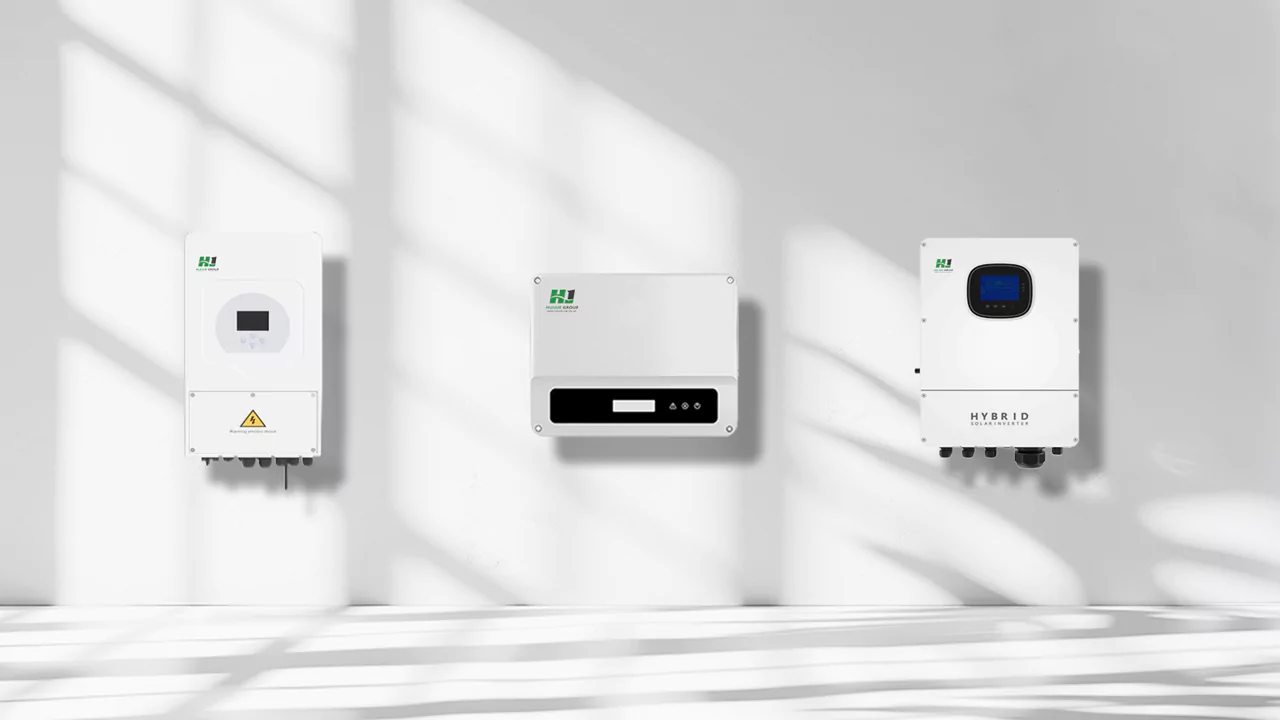

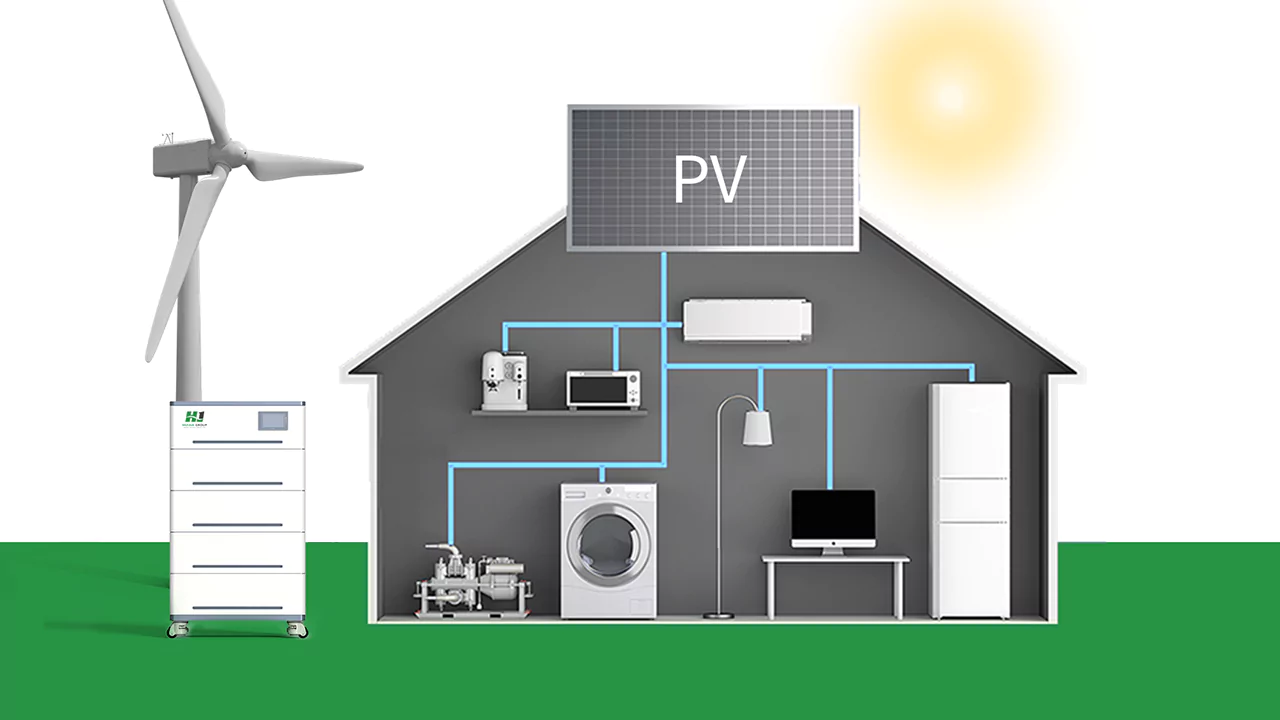

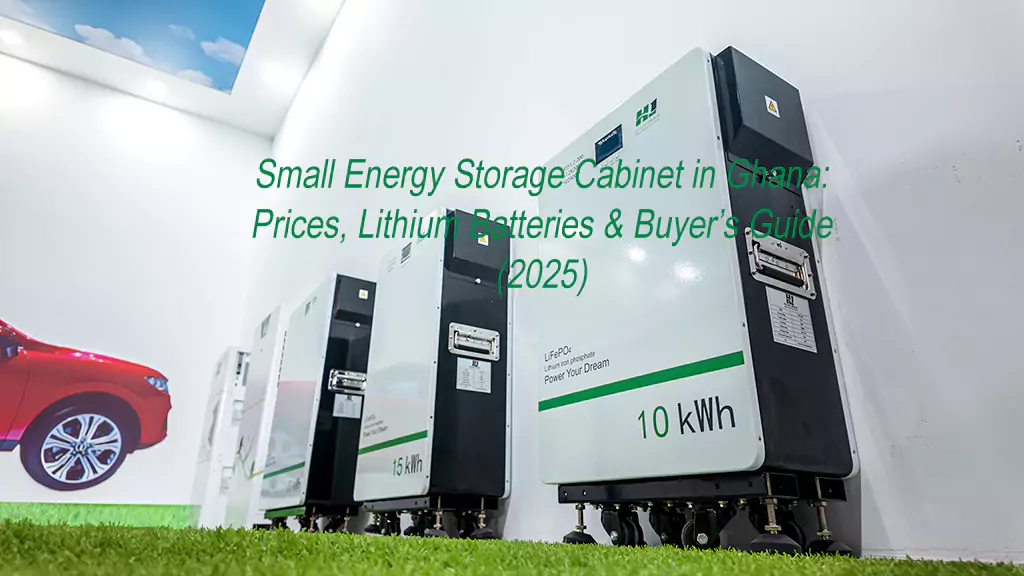
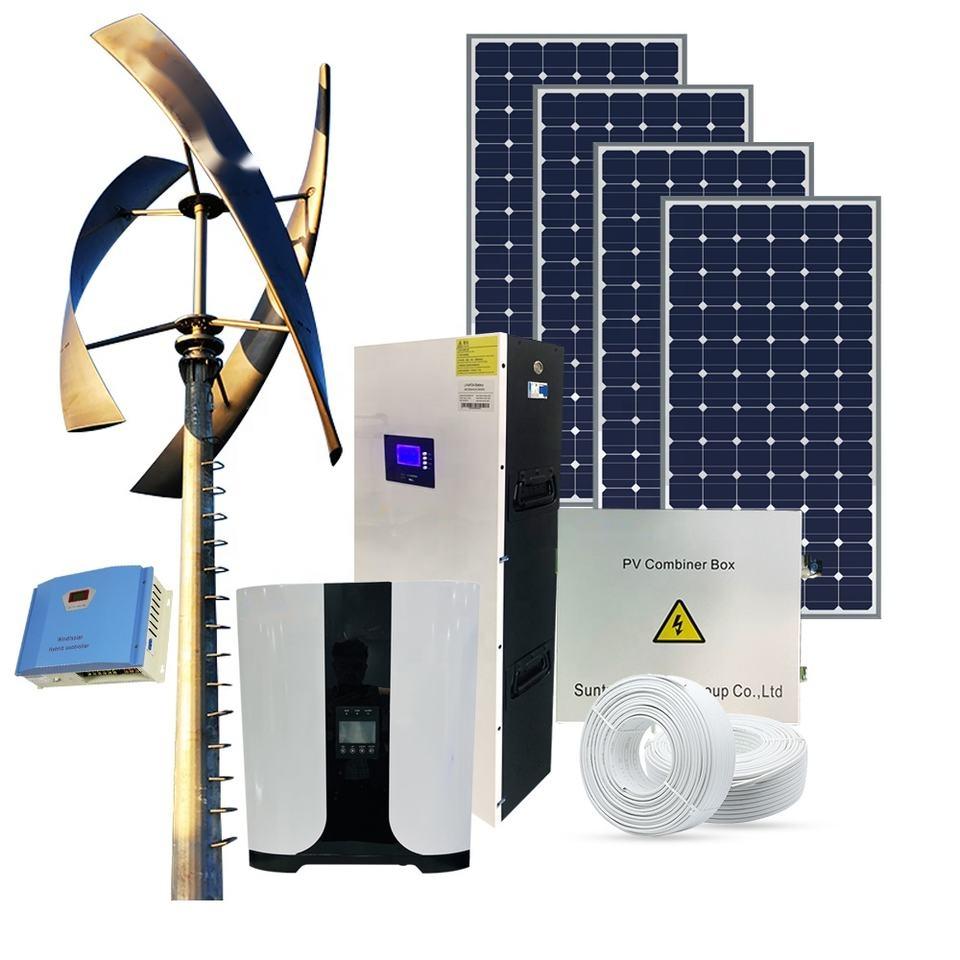
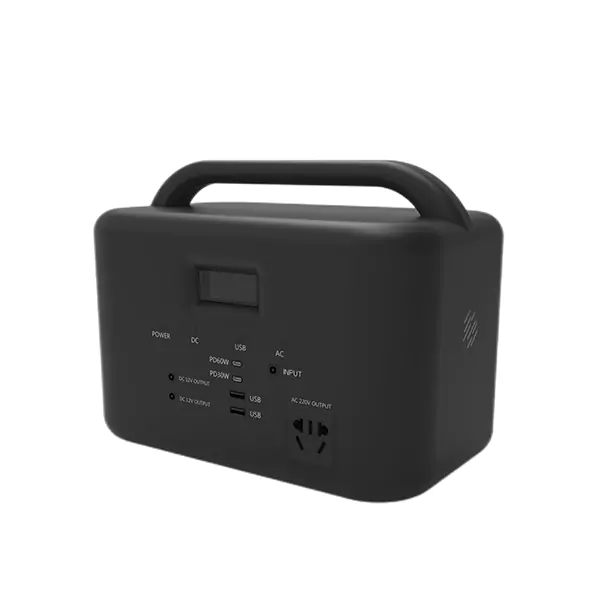
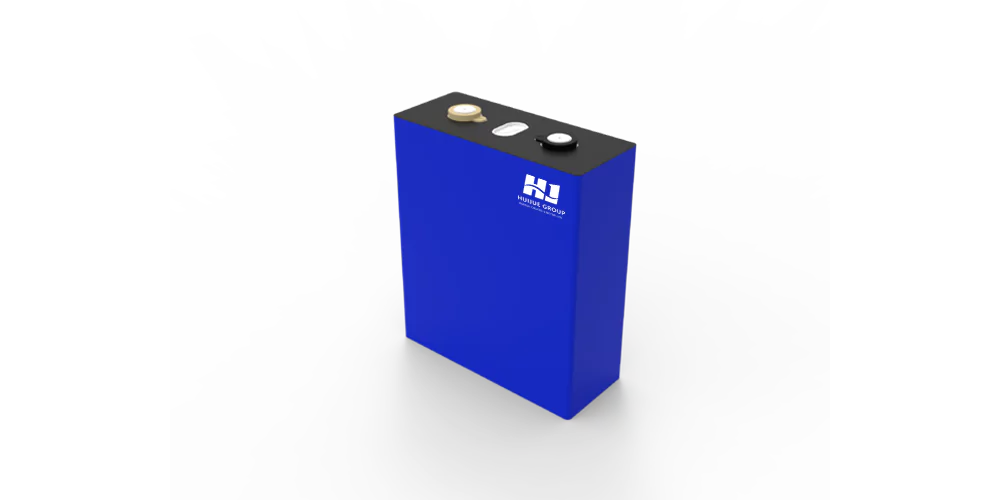

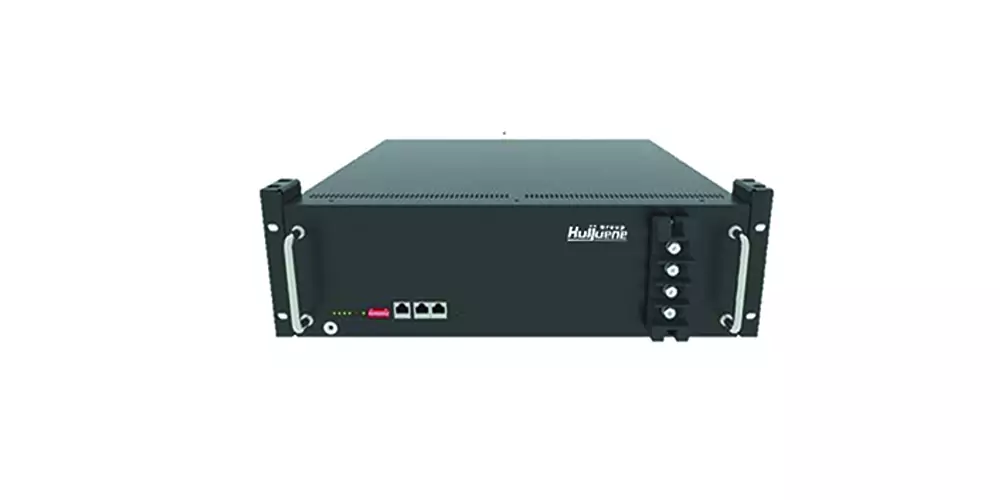
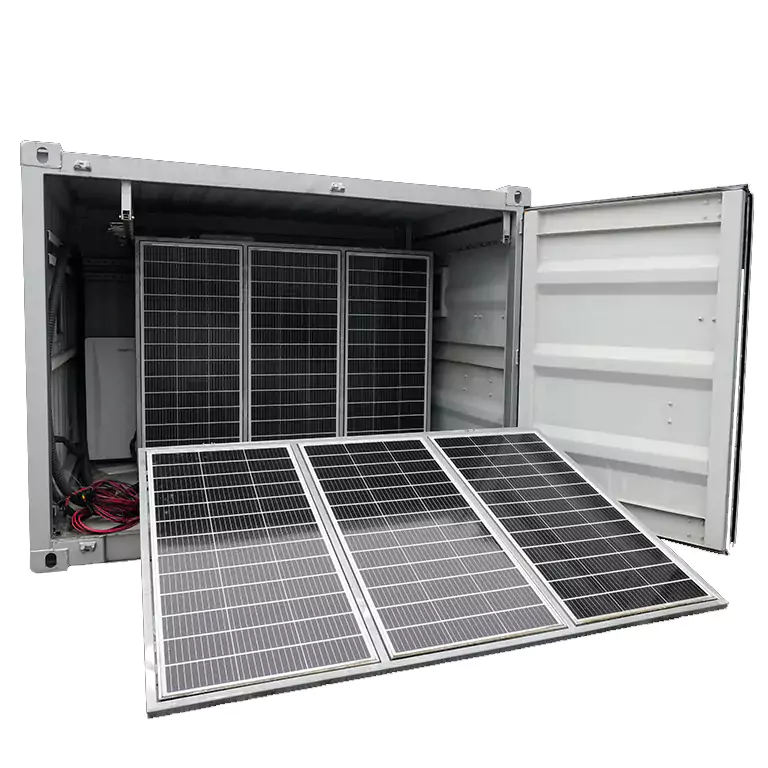
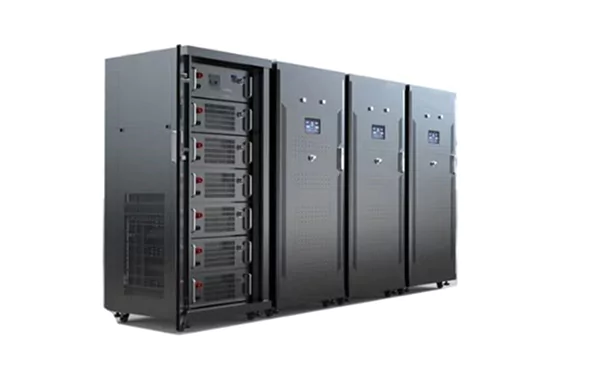
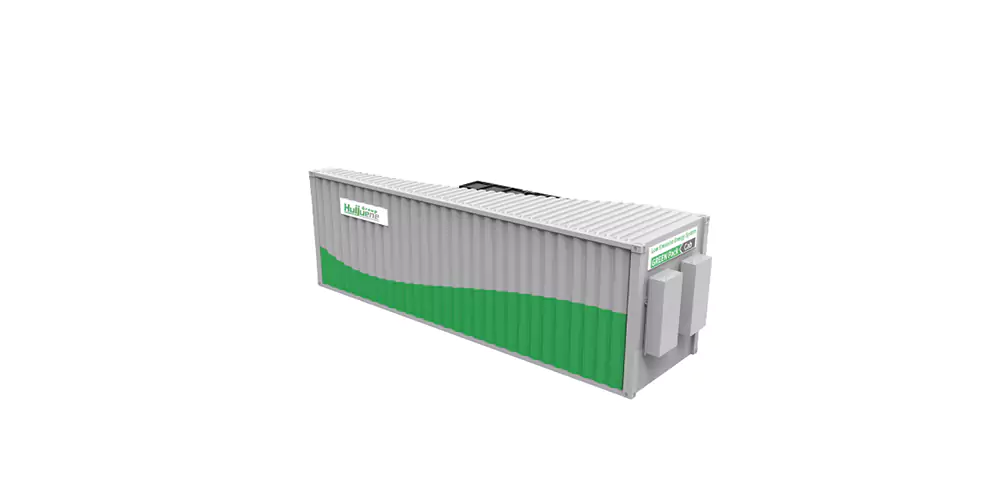

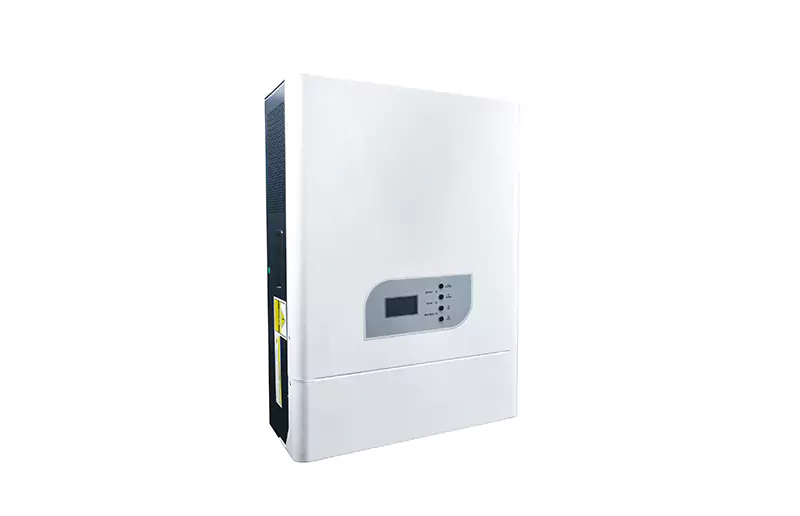
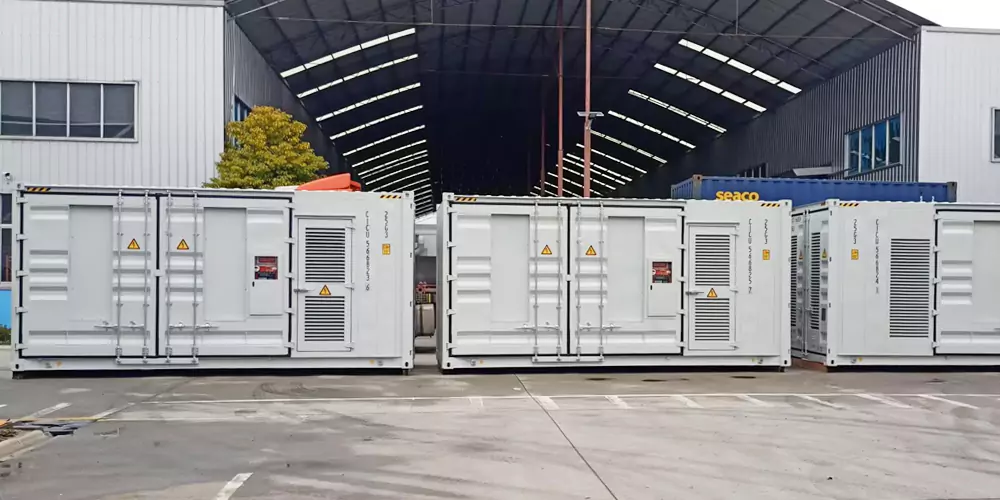
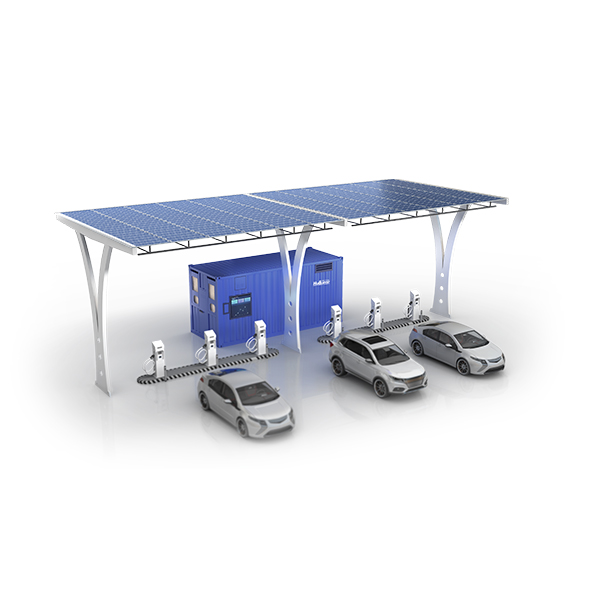
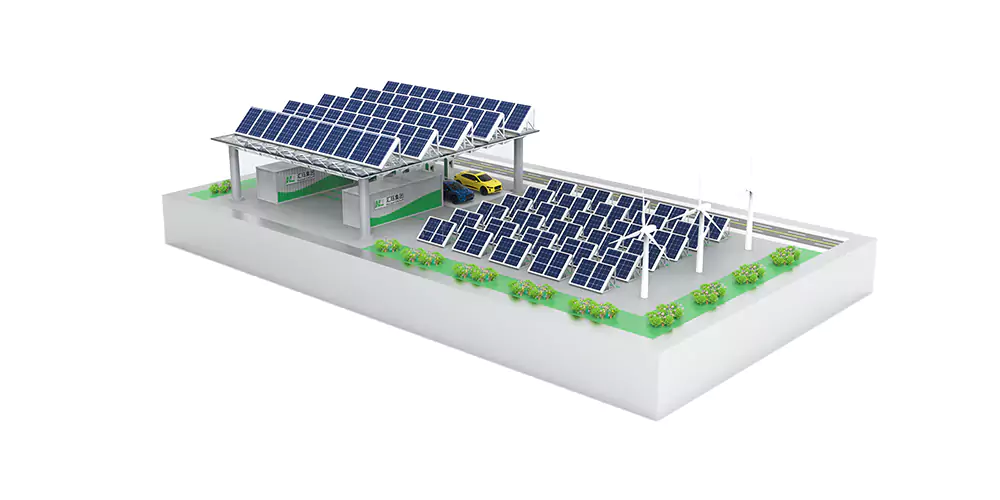
 Inquiry
Inquiry Online Chat
Online Chat